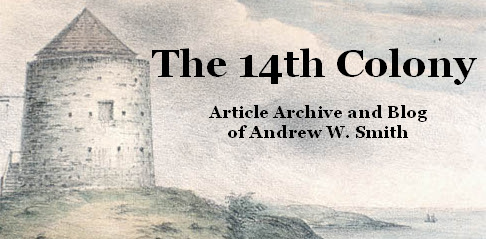I just can’t do it. Try as I might, I cannot sit still for another indulgent, navel-gazing, semi-autobiographical story about a writer. I refer of course to Any Human Heart, from the novel of the same name not a decade ago, adapted for Channel 4 in England in ’10 and duly picked up by PBS for Masterpiece Classic, which was called Masterpiece Theater back when it was worth spoofing on Sesame Street with Cookie Monster. (Incidentally, I fail to see how any nine-year-old book qualifies as a “classic”, but I suppose I ought not be such a dreadful pedant.)
So following is what’s the matter with Any Human Heart; points so obvious as to be gleaned merely from periodically checking in on the first installment.
For a start, the protagonist is an author. When they say “write what you know,” a writer needn’t take them so literally as to write about a writer, who writes and thinks about writing and meets other writers and talks about writing. It’s indulgent, overdone, and plain boring. We -- and I think I speak for nearly all of humanity here -- do not find authors endlessly fascinating or terribly important.
Point Number Two is the “historic sweep of the changing 20th Century”. That was quite a neat little device at one time -- my, how things change, didn’t they wear funny clothes back then, see how world events shaped our hero’s life, didn’t they listen to funny music back then, etc., etc. Indeed, it became a device of the mob movie, from the Godfather movies to Goodfellas to Casino. And that’s precisely the point: it was old when Martin Scorsese did it in a gangster movie in 1995; quit it, already.
Then there was the “protagonist walks home on Cloud Nine after first date with girl of his dreams” scene. That was probably old when Ernest Borgnine did it in Marty circa 1955. Is this really a “masterpiece”, or is it a string of literary and cinematic clichés?
And fourth, as if to answer that last question beyond all doubt, is the “writer with writer’s block stares at blank sheet in typewriter” scene. Was there no-one at the BBC, which is after all the preeminent broadcaster in the world, to observe that it might be wearisome to bludgeon the viewers with a “writer’s block/blank page” scene in which the unmarked paper in the typewriter is actually shown on-screen? Surely the writer’s block scene was clichéd before my time, and it was past old in I Capture The Castle the best part of a decade ago. Maybe those film schools and “creative writing” courses never get around to the class about how the great stories tell new things, and when they must say old things they come up with some novel way of saying them.
Why, yes, I am bitter to see such resources devoted to such cliché-flogging. And it’s a good job I couldn’t stand to watch but a few bits here and there, else this would run 3,000 words and be at least as tedious as the show itself.
February 15, 2011
Subscribe to:
Posts (Atom)

